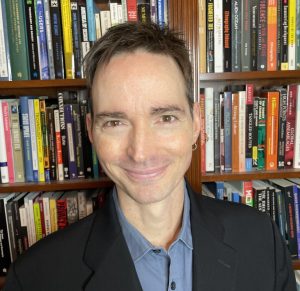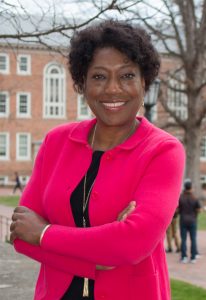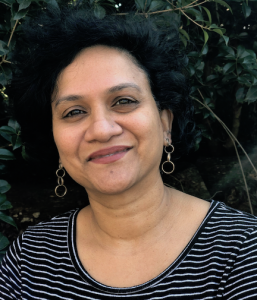Interpersonal and Organizational Communication
 Interpersonal Communication faculty teaching and research reflects the traditions of the field of interpersonal communication while also participating in the department’s interdisciplinary PhD program that beckons us to engage intellectual traditions in a variety of disciplines. Major areas of research include, among others, gender and communication, interpersonal influence, discourses of hate, anti-hate discourses, race and social discourse, family communication, and identity and communication.
Interpersonal Communication faculty teaching and research reflects the traditions of the field of interpersonal communication while also participating in the department’s interdisciplinary PhD program that beckons us to engage intellectual traditions in a variety of disciplines. Major areas of research include, among others, gender and communication, interpersonal influence, discourses of hate, anti-hate discourses, race and social discourse, family communication, and identity and communication.
Across these areas faculty pursue an understanding of communication practices that are grounded in the everyday practices and understandings of social actors. This focus on grounded theorizing connects us in important conceptual and theoretical ways with colleagues in organizational communication, cultural studies, and media studies. These interdisciplinary connections and conversations mutually enrich all “areas” of the department. For example, the role of narratives and myth in the production of everyday racism, sexism, and hetero-normativity may be studied by faculty in interpersonal communication, organizational communication, performance studies, media and cultural studies, and rhetorical studies.
Organizational Communication faculty cohere around a critically-informed, engaged approach to understanding everyday organizational life from a communication perspective. Faculty research and teaching employ multi-level, multi-method analyses of organizing across work, community, and social change contexts, with a sustained focus on communication as constitutive of organizing. Major areas of research and teaching include: globalization, labor, work and identity, power and resistance, ethics, leadership, democracy and citizenship, and gender, race and class. Across these areas, faculty members engage in grounded theorizing of everyday practice and explore possibilities for constructive organizational change. For example, organizational communication faculty and students pursue such questions as: What is the nature of power and resistance in the contemporary, globalized context of work? What are the implications of post-Fordist organizing practices for identity, subjectivity, and control? How are the intersecting discourses of race, gender, and class reproduced and challenged by organizational members? How do ethical perspectives both inform and challenge organizing practices? What are the promises and limitations of contemporary forms of corporate social responsibility? What are the complexities of representation, voice, leadership, and accountability for all forms of organizing, including for-profit, community-based and nonprofit organizations?
Faculty
Dr. Sarah Dempsey |
Dr. Steve May |
Dr. Torin Monahan |
Dr. Patricia Parker |
Dr. Kumi Silva |
Dr. Michael Waltman |






